EVENTUALLY YOUR BODY BASICALLY SAYS EFF YOU PAY ME SLEEP DEFICITS ARE THE DEBT YOU HAVE TO REPAY
We all know that we need to sleep to grow- it’s what every idiot screeches in a conversation wherein high-volume training is *gasp* mentioned in a positive way, because “YOU GROW WHEN YOU REST, SO TRAINING MORE THAN THREE TIMES A WEEK MEANS STEROIDS AND EVIL AND MASTURBATION AND YOU PROBABLY A REAL PENIS OR VAGINA RECENTLY.” Yeah, that’s just a fantastic argument- by the logic of most geniuses slumping through their lives and posting endless training updates detailing their hilarious lack of progress, training once a month and eating exactly .8 grams of protein per pound of bodyweight should make you into a human mountain dripping with muscularity and vascularity.
Clearly, that’s all-goddamned nonsense, but the value of sleep is rarely given the credence it is due and is never overstated. I’m as guilty of ignoring its value as anyone, having grown up with such an allergy to sleep that my body had to lay low my spazzy elementary school ass with cluster headaches to force me to rest.
We’ve all trained for long periods when over-tired. That’s just part of life. Something those among you who are chronically sleep deprived might not realize, however, is that your body and brain are exactly like Robert DeNiro in Goodfellas, and they’re going to jack you up if you don’t pay your debt. Yeah, that’s right- you can skip sleep here and here, but eventually your body is going to be like, “eff you, pay me” at some point, and the longer you wait, the worse it is gonna get. Inadequate sleep not only screws up maximal muscle strength (Knowles), but it screws up your overall health, your ability to concentrate, your overall level of alertness, your metabolism, your attitude, your pain threshold (Onen), and even your sex drive (Hillman, Leproult).
That’s right- you skip enough sleep and you’re going to turn into a fat pile of broke, libido-less, uncoordinated (Sprenger), retarded crap with nothing to do but sleep because you’ll be living in a van down by the river fueled by nothing but government cheese and free soup (Alhola). Oh, yeah- the disaster you create when you go without sleep is goddamned epic (Orzeł-Gryglewska):
- impaired perception
- difficulties in keeping concentration
- vision disturbances
- slower reactions
- poor memorizing
- schematic thinking (which yields wrong decisions)
- emotional disturbances (lie deteriorated interpersonal responses and increased aggressiveness)
- tremors
- speech performance becomes monotonous and unclear,
- sensitivity to pain is higher
- risk of obesity, diabetes and cardiovascular disease increases.
Sounds awesome, right? Here you thought you were a go-getter, but in the end you’ll just be sloppy, stupid, jobless, sexless, and probably addicted to subreddits that should only be used to as bait so we can determine who we should exterminate first when someone useful comes to power in the Western world.
There’s no sense in me rehashing all of the different ways you can improve your sleep- I covered the badass way to improve your hormonal profile with deep sleep last year, how to make your overall sleep more healthy in this one from about ten years ago, and every hack writer on the planet has rehashed the same nonsense in every health-related sleep article ever written, so there’s no need for that. Frankly, I only care about “health” and “fitness” insofar as they pertain to moving huge weights and screwing, so I pay very little attention to the ministrations of hippies who yammer on about vegetables and stretching about as much as I pay attention to evangelical Christians’ suggestions regarding better sex.
You’ll find, however, that a lot of the old-time strongmen mentioned the value of sleep a lot, and for those of you natty bros who still read this blog, that should be a sign for you to perk the hell up and pay attention. One such man is JC Hise, pre-steroid era proto powerlifter who boasted a 700lb deadlift without a warmup, squatted 690lbs out of a homemade rack built out of tree branches on uneven ground, and was a lumberjack, coal miner, and uranium prospector. basically, a guy so goddamned hard I doubt any of us even deserve to read about him. He had this to say about sleep:
“A VERY IMPORTANT STAGE OF GROWING IS “REST.” MUCH OF THIS PRECIOUS CUSTOM IS IN SLEEPING. IF HIS BED SUITS HIM NOT, EVEN A PLENTIFUL SUPPLY OF WALRUS MEAT WILL DO A BRITON NO GOOD. AND EXERCISES WILL ONLY MAKE HIM MORE TIRED STILL. THOSE WHO SLEEP CURLED UP CAN SLEEP SAFELY IN BEDS THAT HAVE DEEP SAGS IN THE CENTER, WHICH RUIN ALL WHO SLEEP STRETCHED TO FULL LENGTH. IF YOU SLEEP STRAIGHT OUT, NEVER, NEVER SLEEP IN A BED THAT SAGS DEEPLY IN THE CENTER, BECAUSE YOUR HIPS, SHOULDERS AND LEGS MUST BE IN THE SAME PLANE.
THIS “SUSPENSION” HAS A PRYING EFFECT ON THE LOWER SPINE THAT IS EXTREMELY DEBILITATING AND WEARS OUT A VIGOROUS PERSON MORE THAN ANY AMOUNT OF HARD WORK OR DISSIPATION. AN EXTREMELY LARGE PERCENTAGE OF EXERCISERS FAIL BECAUSE THEIR BED IS WRONG; THEY DON’T NEED NEW SECRET EXERCISES, THEY JUST NEED TO KICK A BOX UNDER THE BED TO LIMIT THE BED SAG TO FOUR OR FIVE INCHES, OR LESS — AND PRESTO! — THE NEXT MORNING, AND FROM THEN ON, THEY ARE “HI-LIFED,” EVEN THOUGH THEY HAVE BEEN “DEAD” FOR YEARS.
IF ONE SLEEPS ON THE FLOOR TO ESCAPE THE SAGGY BED, HE MUST USE VERY THICK PADDING OR HE WILL SPRAIN HIS DELTOIDS AND ELBOW TENDONS FROM RESTING TOO MUCH WEIGHT ON THEM. MOST PEOPLE WHO SUFFER FROM LACK OF ENERGY REALLY HAVE PLENTY, BUT THEY ARE WORN OUT FROM SLEEPING IN THAT SAGGY BED EVERY NIGHT. I NEVER LEARNED HOW TO BED FROM PRINT, BUT FROM THE VULGAR LESSONS DELIVERED BY OLD SALTS IN HAMMOCK PRACTICE. A LOOSE HAMMOCK EQUALS A TIRED ALL-IN FEELING; I HAD ALWAYS HAD IT, AND NEVER SLEPT IN A HAMMOCK; I KICKED THE LOCKER BOX UNDER MY COT AND HAVE NEVER SINCE TRIED TO SLEEP ON A SAGGY BED”
How much sleep we should get in total and how much we should get at a time is an issue long in debate, especially among people on the internet. The three types of sleep are monophasic (one sleep period per 24-hour period), biphasic (two sleep periods per 24-hour period), and polyphasic (continuous interrupted sleep). In spite of the fact that you’d have to be butt-ass retarded to utilize the polyphase method, here’s how it breaks down according to Medical News Today (Smith):
- Everyman: A long sleep time of around 3 hours with approximately three 20-minute naps throughout the day.
- Uberman: Only 3 hours of sleep per day in the form of six 30-minute naps throughout the day.
- Dymaxion: Only 2 hours of sleep per day, in the form of 30-minute naps every 6 hours.
Without putting too fine a point on it, the people advocating polyphasic sleep should be put to death in some slow and painful way, like slow roasting and forced autophagy; the “death-by-tattoo” in Kafka’s “The Penal Colony;” or perhaps the staked-out-with-broken-bones-and-fed-to-bullet-ants method of execution in the Green Inferno. Honestly, nothing is more cruel, insipid, or bereft of sense than polyphasic sleep, so whatever method you choose to dispatch a person who attempts to convince you of its efficacy isn’t unpleasant enough to match the casual malevolence of their efforts.
Let’s just say that their best argument is that it was possibly used by a megalomaniac and a virtual eunuch (which is literally the best evidence they have supporting their sleep pattern)- beyond that, there is no compelling evidence whatsoever to support its use by non-incel/MGTOW enthusiasts. Thus, unless you’re gonna cut off your genitals, scream extremely confused homophobic and anti-Semitic slurs in the aether, and shoot up public places, stick to mono- or biphasic sleep schedules.
How humans slept in the pre-industrial era is a matter of some debate. There is evidence, both anecdotal and scientific, for both monophasic and biphasic sleep patterns. According to historian Roger Ekirch, people in pre-industrial eras slept in two four-hour chunks, between which they hung out and screwed and chopped wood and got hammered. Essentially, they’d just get up in the middle of the night and do whatever the hell they wanted. It was from his research that the concept of biphasic sleep sprang forth, and at least one clinical study (in which people were exposed to only eight hours of sunlight a day) supports the idea that this sleep pattern is natural (Jackson, Wehr). If you’re considering this type of sleep pattern, what appears to be the norm is four hours of sleep, a one to three hour waking period, and then another four hours of sleep.
Monophasic sleep, despite Redditors’ persistent and wildly ineffectual efforts to debunk it, seems to be pretty natural for people. A recently conducted study of three traditional/pre-industrial African societies, the San, Hadza, and Tsimane, revealed that their sleep habits are monophasic. These habits are thought to mirror those of ancestral peoples (at least in tropical regions) and don’t resemble the nonsense yoga teachers have been spouting for years about falling asleep and waking based on the sunset and sunrise. Instead, sleep has far more to do with the length of the day and the ambient temperature than anything else.
“SLEEP PERIODS, THE TIMES FROM ONSET TO OFFSET, AVERAGED 6.9–8.5 HR, WITH SLEEP DURATIONS OF 5.7–7.1 HR, AMOUNTS NEAR THE LOW END OF THOSE INDUSTRIAL SOCIETIES [4–7]. THERE WAS A DIFFERENCE OF NEARLY 1 HR BETWEEN SUMMER AND WINTER SLEEP. DAILY VARIATION IN SLEEP DURATION WAS STRONGLY LINKED TO TIME OF ONSET, RATHER THAN OFFSET. NONE OF THESE GROUPS BEGAN SLEEP NEAR SUNSET, ONSET OCCURRING, ON AVERAGE, 3.3 HR AFTER SUNSET. AWAKENING WAS USUALLY BEFORE SUNRISE.
THE SLEEP PERIOD CONSISTENTLY OCCURRED DURING THE NIGHTTIME PERIOD OF FALLING ENVIRONMENTAL TEMPERATURE, WAS NOT INTERRUPTED BY EXTENDED PERIODS OF WAKING, AND TERMINATED, WITH VASOCONSTRICTION, NEAR THE NADIR OF DAILY AMBIENT TEMPERATURE. THE DAILY CYCLE OF TEMPERATURE CHANGE, LARGELY ELIMINATED FROM MODERN SLEEP ENVIRONMENTS, MAY BE A POTENT NATURAL REGULATOR OF SLEEP. LIGHT EXPOSURE WAS MAXIMAL IN THE MORNING AND GREATLY DECREASED AT NOON, INDICATING THAT ALL THREE GROUPS SEEK SHADE AT MIDDAY AND THAT LIGHT ACTIVATION OF THE SUPRACHIASMATIC NUCLEUS IS MAXIMAL IN THE MORNING” (YETISH).
Instead of suggesting that monophasic is the only way, the team doing the study determined that biphasic sleep isn’t unnatural- it’s just predated by monophasic sleep. Moving north from the equator created the biphasic sleep pattern during the long nights, especially during the winter. Once we developed electric lights and central heating, we reverted to our original sleep habits (Yong).
THE HADZA, TSIMANE, AND SAN WERE ALSO STRONGLY AFFECTED BY FALLING TEMPERATURE, MUCH MORE SO THAN FAILING LIGHT. THEY START TO SLEEP AS THE NIGHT COOLS AND BEGIN WAKING UP AT ITS COLDEST POINT. “THIS SUGGESTS THAT TEMPERATURE IS A VERY STRONG AND EVOLUTIONARILY OLD SIGNAL THAT GETS INTEGRATED INTO SLEEP-REGULATING SYSTEMS IN THE BRAIN, AND THAT WE COULD EXPLOIT BETTER,” SAYS VAN SOMEREN. AND AS SIEGEL ADDS, “THIS TEMPERATURE RHYTHM HAS BEEN REDUCED OR COMPLETELY ELIMINATED FOR MOST OF US BY OUR SHELTERS AND HEATING SYSTEMS.”
No matter how you’re sleeping, however, these three things are the key to sleeping like a champion (Yong):
- sleeping during declining temperature
- getting up at the same time of day every day
- exposing yourself to a lot of bright light in the morning.
If you’re not assiduously following either a full monophasic or full biphasic sleep schedule, you are screwing yourself up in all sorts of ways. Luckily for you, however, getting only eight hours of recovery sleep after short-term sleep deprivation is enough to return to baseline performance levels (Caldwell). While you won’t be back to optimal levels, you’ll be able to get the job done when it’s time to fight, screw, or lift, rather showing up at an event a flaccid, fat retard.
Chronic sleep reduction or repetitive shallow sleep is cumulative, however, and will resemble drunkenness (just like going a day without sleeping) in short order (Orzeł-Gryglewska). Luckily, your body is built to bounce back like an asshole after a hard fisting session, so getting a couple of extra hours of sleep for a couple of days will get you within shouting distance of full recovery even in cases of extreme sleep deprivation (Rosenthal). Take note of that- for your body to get back to normal, you need not one but two days of recovery sleep. Less than that and neither your physical nor mental recovery will be complete, and your recovery from heavy training sessions will be severely limited as well (Ikegami, McMurray).
A couple other little tidbits of note:
- even short periods of sleep can be beneficial- specifically, a short afternoon nap (Vyazovskiy). Author and trainer Jason Ferruggia stated in Fit to Fight that naps “are a great way to speed up your recovery. During sleep, your body releases growth hormone and repairs the damage that has been done to your muscles during intense workouts. A 20- to 60-minute nap once a s day is a great way to make faster progress. If you ware training two to three times a day, as many combat athletes are (conditioning in the morning, practice in the afternoon, weight training at night), naps are an absolute necessity if you want to maximize your performance” (Ferruggia 188).
- low testosterone can lead to crappy sleep. Weirdly, high levels of exogenous testosterone can have similar effects (Wittert).
- if you have sleep apnea and use a CPAP, the improved sleep will weirdly not resolve your testosterone deficiencies, so don’t use the darth Vader machine in hopes it’ll boost your test levels (Wittert)
- if you are sleep deprived, caffeine supplementation will bring your post workout hormone levels to non-sleep deprived states. Thus, if you’re not getting enough sleep, don’t skimp on the fat burners and pre workouts, or a post workout cup of coffee (Donald).
If that torrent of information didn’t convince you to catch up on your sleep, nothing will. Caffeine and ephedrine will only carry you so far- at some point you’ve got to stop eating cake and eat a steak, so to speak. I’ll be honest and tell you I knock myself out with Hypnos and binaural beats as I mentioned at the beginning of the article a couple of times a week, and when I don’t I my training suffers for it. Like anything else though, there are tons of ways to skin a cat, but since Bill Cosby’s going to be locked up until he dies, sleepovers at his house are no longer an option. In any event, get some goddamned sleep if you want to tear up the strength world and look good on Instagram without filters.
[For more on the importance of sleep, check out Joe Rogan’s interview with Matthew Walker, professor of Neuroscience and psychology at Cal Berkeley on the Joe Rogan Experience. I stumbled across this while doing research last week and thought the timing sucked for me, haha, but from the bit to which I listened, I don’t step on his focus in the interview too hard. If I did, it was totally unintentional, and the timing was entirely coincidental. In any event, props to Rogan for a good interview- we definitely need to revamp the medical residency programs around the world, so they aren’t based off the sleep habits of a dude who makes Tara Reid’s drug habit look ridiculously casual.]
Sources:
Alhola P, Polo-Kantola P. Sleep deprivation: Impact on cognitive performance. Neuropsychiatr Dis Treat. 2007 Oct; 3(5): 553–567.
Caldwell JL, Caldwell JA. Recovery sleep and performance following sleep deprivation with dextroamphetamine. J Sleep Res. 1997 Jun;6(2):92-101.
Donald CM, Moore J, McIntyre A, Carmody K, Donne B. Acute Effects of 24-h Sleep Deprivation on Salivary Cortisol and Testosterone Concentrations and Testosterone to Cortisol Ratio Following Supplementation with Caffeine or Placebo. Int J Exerc Sci. 2017 Jan 1;10(1):108-120.
Ferruggia, Jason. Fit to Fight. New York: Avery, 2008.
Hillman DR, Lack LC. Public health implications of sleep loss: the community burden. Med J Aust. 2013 Oct 21;199(8):S7-10.
Hise, Joseph Curtis. Successful methods of increasing chest size, part two. Tight Tan Slacks of Dezso ban. 5 Apr 2018. Web. 30 Apr 2018. http://ditillo2.blogspot.com/2018/04/successful-methods-of-increasing-chest_5.html
de la Iglesia HO, Fernández-Duque E, Golombek DA, Lanza N, Duffy JF, Czeisler CA, Valeggia CR. Access to Electric Light Is Associated with Shorter Sleep Duration in a Traditionally Hunter-Gatherer Community. J Biol Rhythms. 2015 Aug;30(4):342-50.
Ikegami K, Ogyu S, Arakomo Y, Suzuki K, Mafune K, Hiro H, Nagata S.
Recovery of cognitive performance and fatigue after one night of sleep deprivation. J Occup Health. 2009;51(5):412-22.
Jackson, Melinda and Siobhan Banks. Humans used to sleep in two shifts, and maybe we should do it again. Science Alert. 4 Apr 2018. Web. 30 Apr 2018. https://www.sciencealert.com/humans-used-to-sleep-in-two-shifts-maybe-we-should-again
Knowles OE, Drinkwater EJ, Urwin CS, Lamon S, Aisbett B. Inadequate sleep and muscle strength: Implications for resistance training. J Sci Med Sport. 2018 Feb 2. [Epub ahead of print].
Leproult R, Van Cauter E. Effect of 1 Week of Sleep Restriction on Testosterone Levels in Young Healthy Men. JAMA. 2011 Jun 1; 305(21): 2173–2174.
McMurray RG, Brown CF. The effect of sleep loss on high intensity exercise and recovery. Aviat Space Environ Med. 1984 Nov;55(11):1031-5.
Onen SH, Alloui A, Gross A, Eschallier A, Dubray C. The effects of total sleep deprivation, selective sleep interruption and sleep recovery on pain tolerance thresholds in healthy subjects. J Sleep Res. 2001 Mar;10(1):35-42.
Orzeł-Gryglewska J. Consequences of sleep deprivation. Int J Occup Med Environ Health. 2010;23(1):95-114.
Rosenthal L, Merlotti L, Roehrs TA, Roth T. Enforced 24-hour recovery following sleep deprivation. Sleep. 1991 Oct;14(5):448-53.
Smith, Lori. What is biphasic and polyphasic sleep. Medical News Today. 15 Sep 2017. Web. 30 Apr 2018. https://www.medicalnewstoday.com/articles/319425.php
Sprenger A, Weber FD, Machner B, Talamo S, Scheffelmeier S, Bethke J, Helmchen C, Gais S, Kimmig H, Born J. Deprivation and Recovery of Sleep in Succession Enhances Reflexive Motor Behavior. Cereb Cortex. 2015 Nov;25(11):4610-8.
Vyazovskiy VV. Sleep, recovery, and metaregulation: explaining the benefits of sleep. Nat Sci Sleep. 2015; 7: 171–184.
Yetish G, Kaplan H, Gurven M, Wood B, Pontzer H, Manger PR, Wilson C, McGregor R, Siegel JM. Natural sleep and its seasonal variations in three pre-industrial societies. Curr Biol. 2015 Nov 2;25(21):2862-2868.
Yong, Ed. What you can learn from hunter-gatherers’ sleep patterns. The Atlantic. 15 Oct 2015. Web. 30 Apr 2018. https://www.theatlantic.com/science/archive/2015/10/the-many-myths-of-paleo-sleeping/410707/
Wehr TA. In short photoperiods, human sleep is biphasic. J Sleep Res. 1992 Jun;1(2):103-107.
Wittert G. The relationship between sleep disorders and testosterone in men. Asian J Androl. 2014 Mar-Apr; 16(2): 262–265.




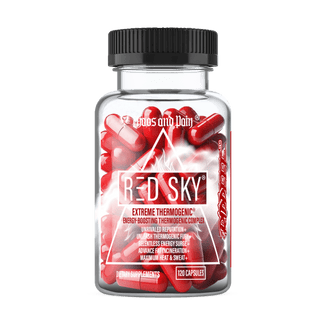

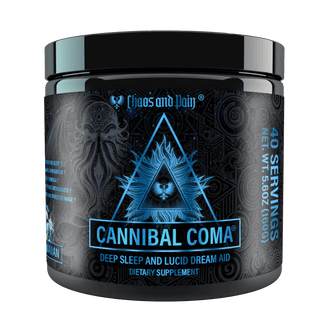


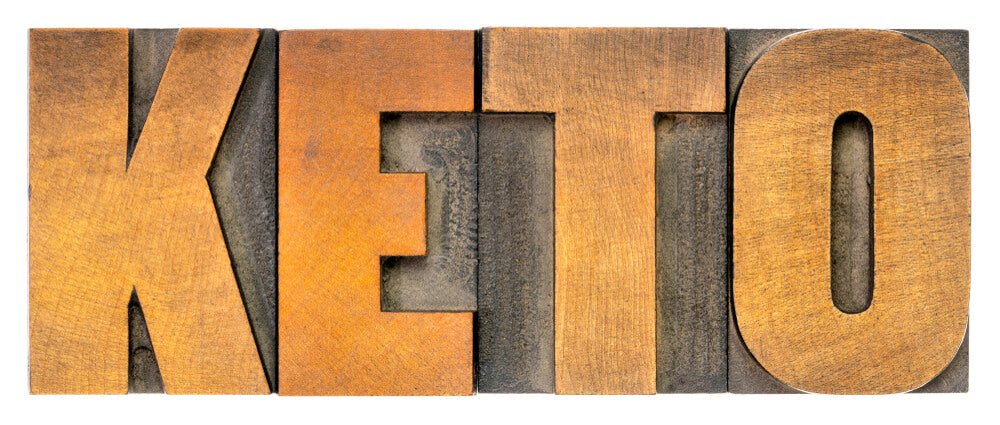
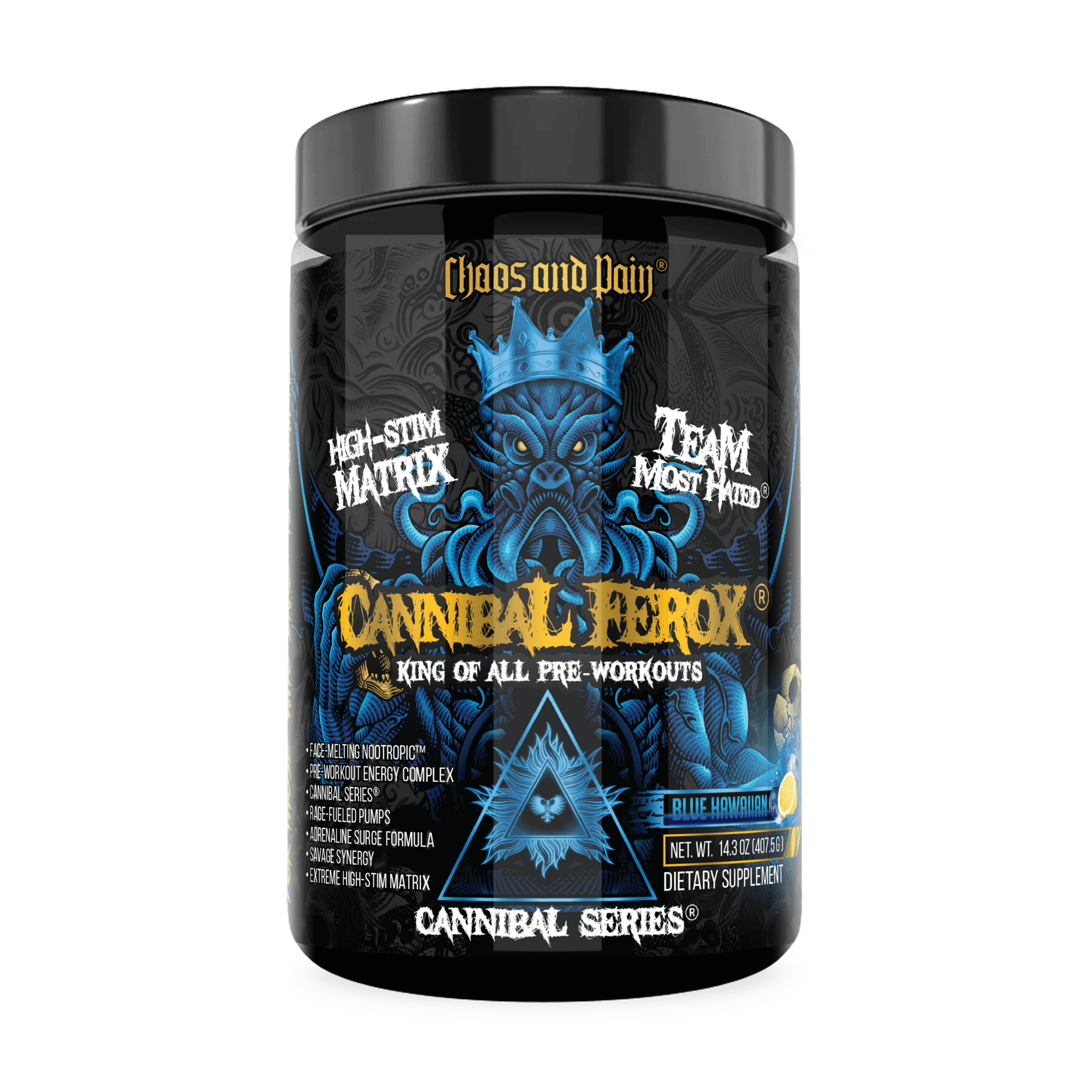
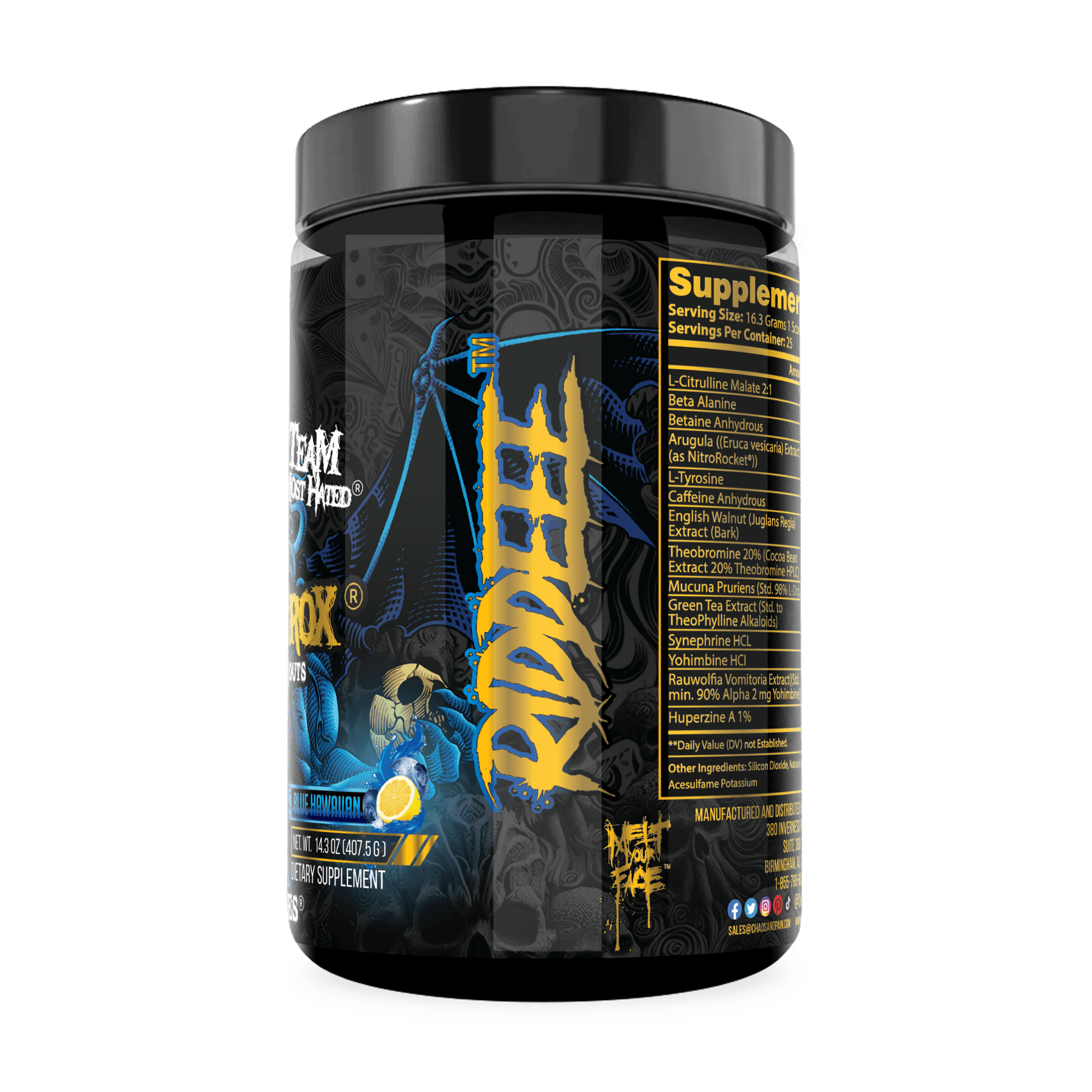


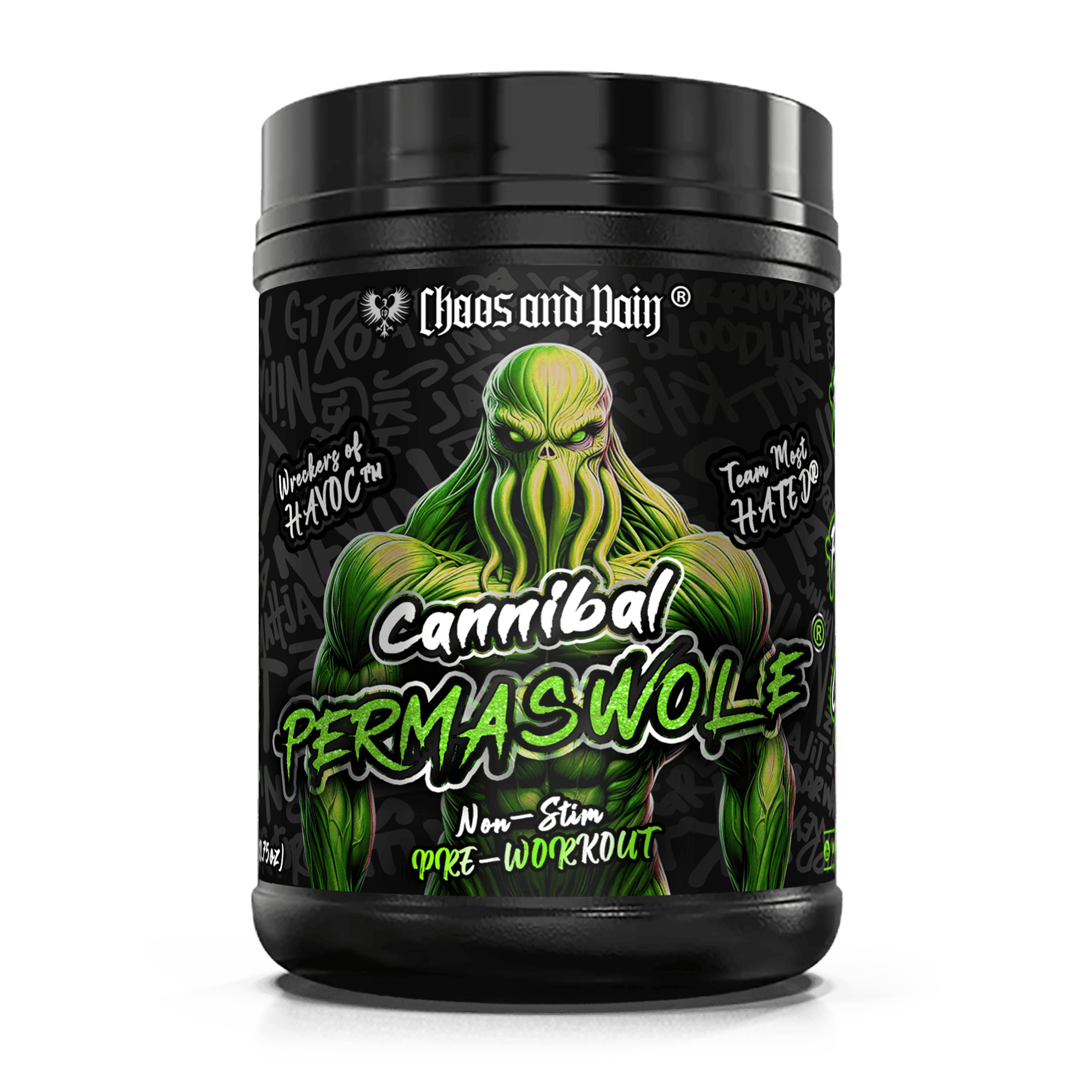
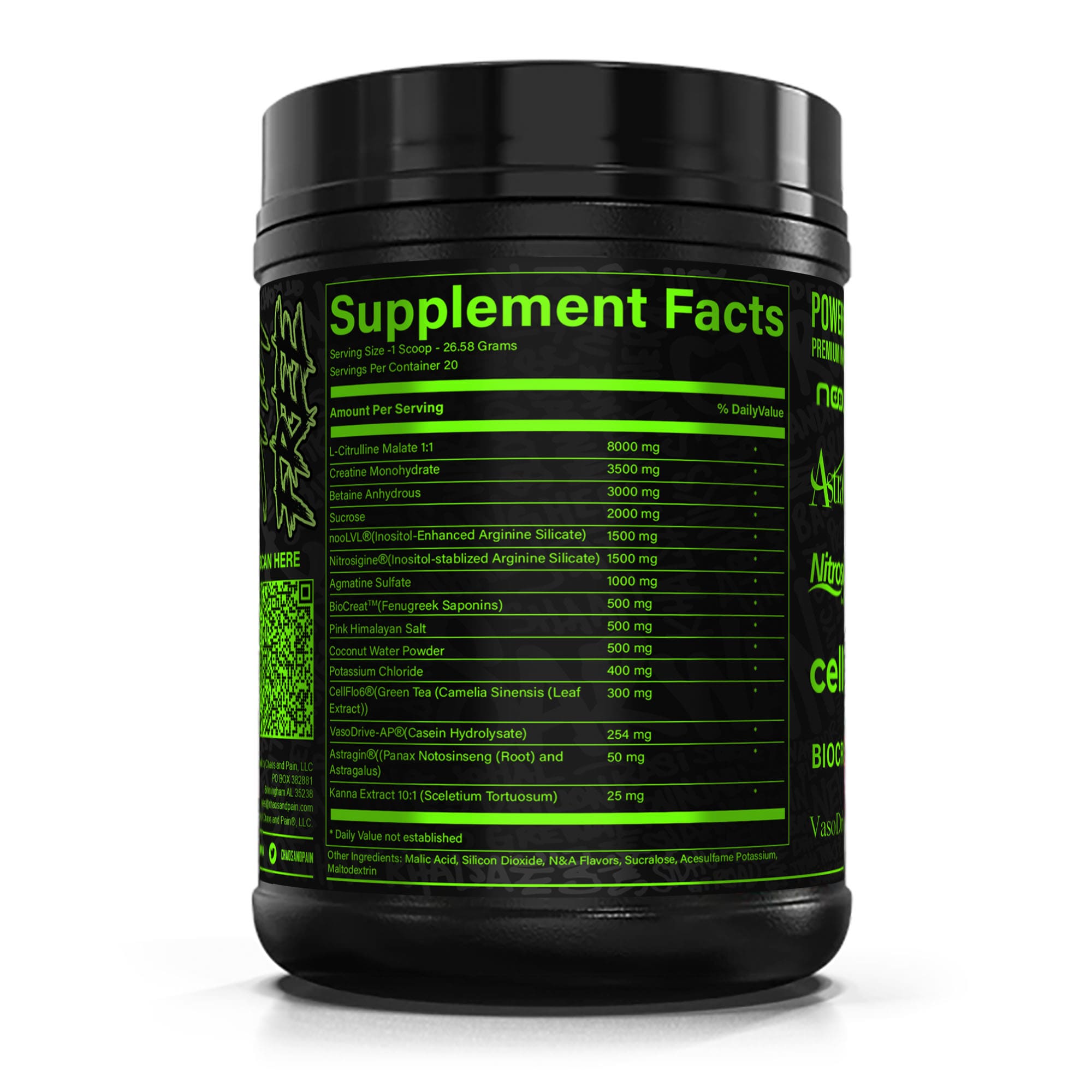


Leave a comment
All comments are moderated before being published.
This site is protected by hCaptcha and the hCaptcha Privacy Policy and Terms of Service apply.